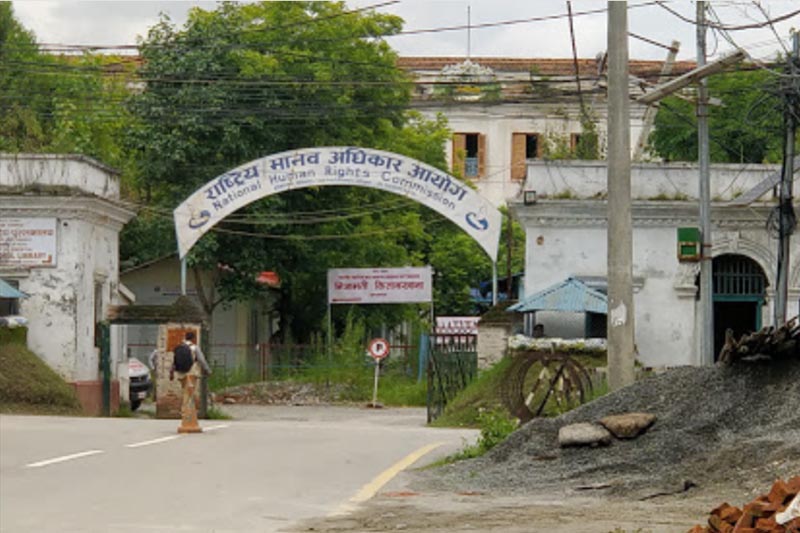NHRC stresses enacting rights friendly laws
House panel, PAs told to issue directives against rights violations
Kathmandu, December 27
The National Human Rights Commission has made an eight-point recommendation to the Law, Justice and Human Rights Committee of the Federal Parliament and all seven provincial assemblies to create an environment for enactment of human rights-friendly laws as articulated by the constitution.
According to a press release issued by the rights body today, the recommendations are based on conclusions of discussions held with around 850 persons, including ministers of the federal government; chief ministers and ministers of federal government, speaker and deputy speaker, members of provincial assemblies, human rights activists, civil society and representatives from professional organisations, in Kathmandu to mark the 70th anniversary of the Universal Declaration of Human Rights.
During the discussions, stakeholders had expressed their commitment to the implementation of the fundamental rights and enactment of rights-friendly laws.
NHRC recommended the House panel and PAs to create an environment for incorporation of fundamental and human rights into laws and for passage of some of the bills stuck in the Parliament.
The House committee and PAs have also been told to issue necessary directives to the concerned bodies to initiate legal action against the perpetrators of human rights violations and deliver justice for the victims; accord a high priority to formulate rights relating to implementation of economic, social and cultural rights; provide necessary suggestions to the government for making various policies and programmes rights-friendly; exert pressure to the government to strictly adhere to the principles of proportional inclusion in all state bodies and ensure participation of the NHRC and other stakeholder agencies while formulating laws related to fundamental and human rights, in compliance with the international norms.
Earlier, the rights body had urged the federal government to initiate amendment of laws related to health, education and security that contradict the constitution; hire necessary employees or experts to fulfil the commitment of the provincial, local governments to implement fundamental human rights and translate the commitments by all three tiers of the government to ending the culture of impunity into action, among others.






